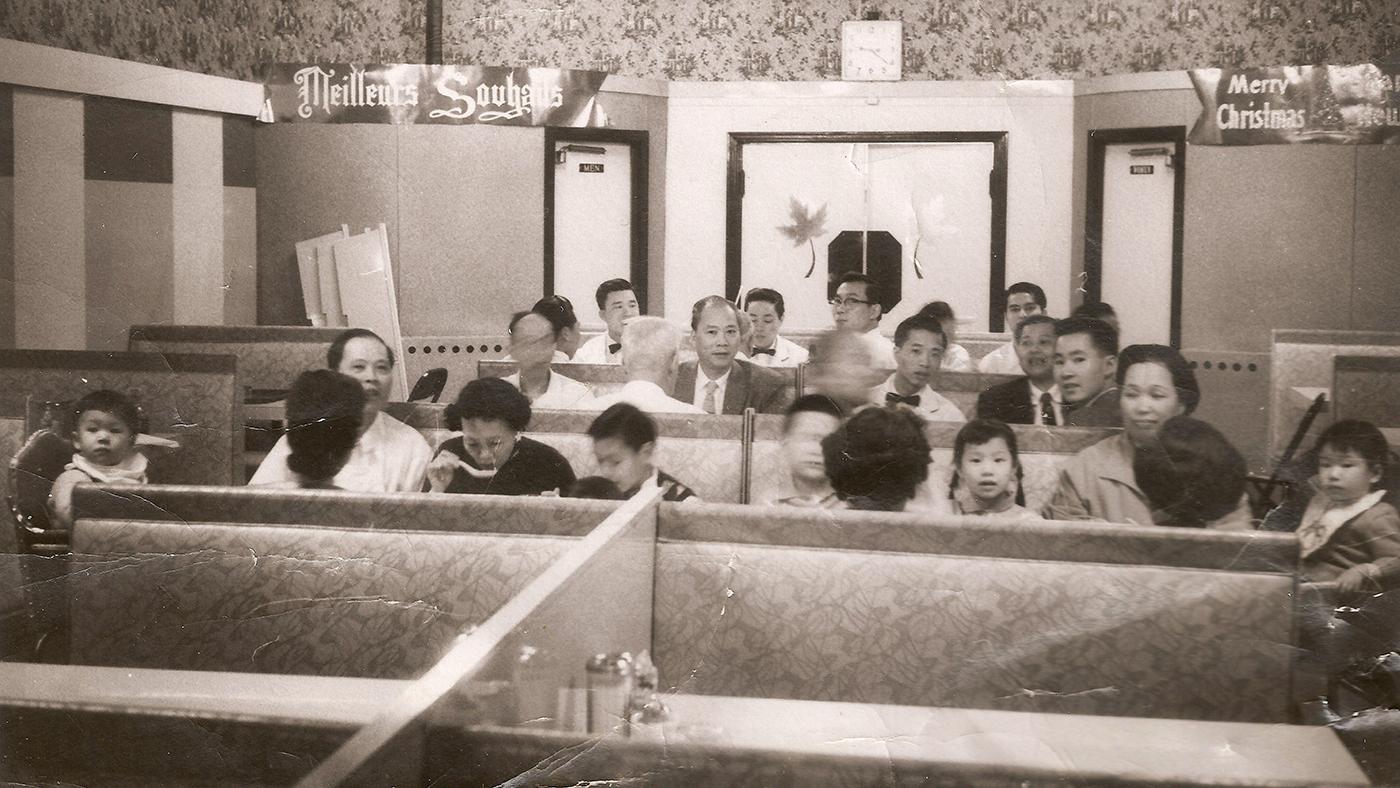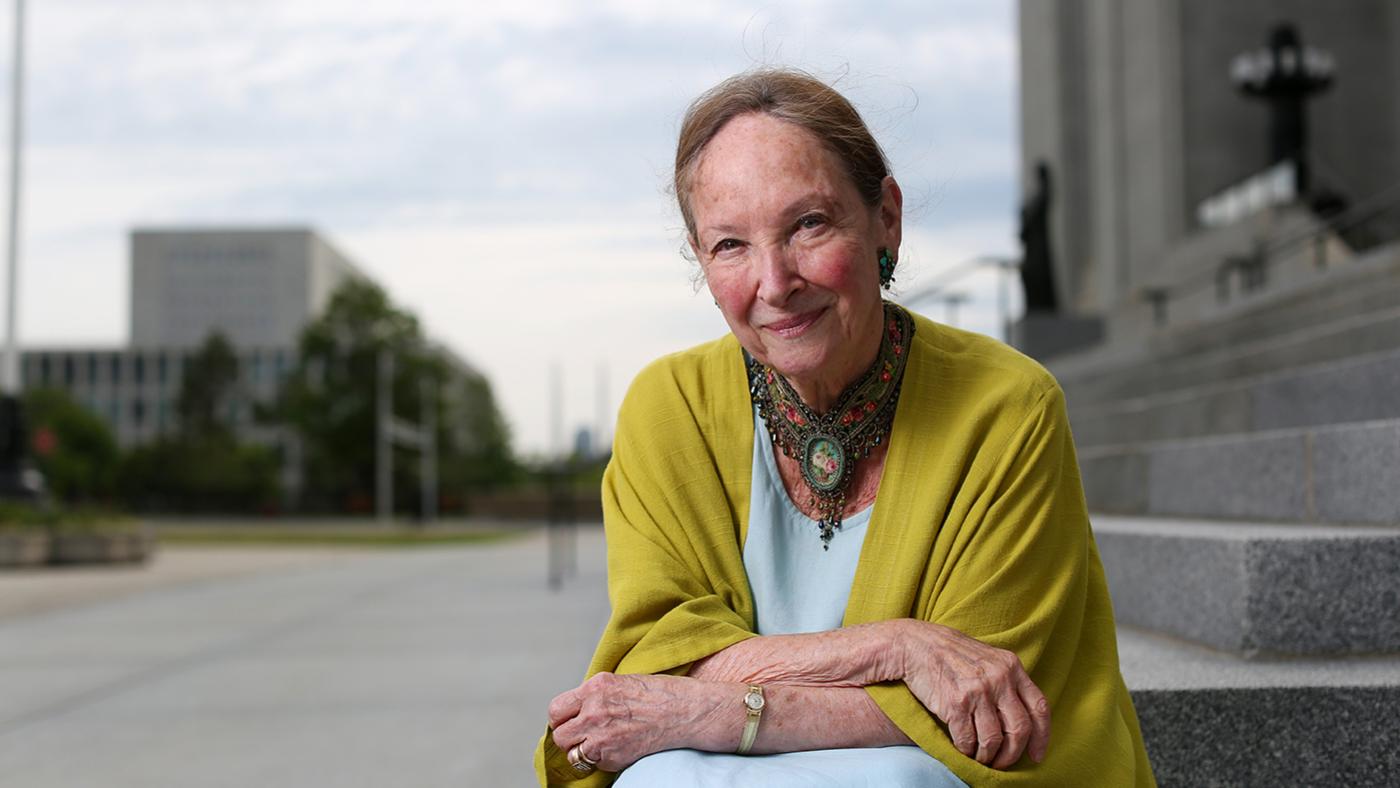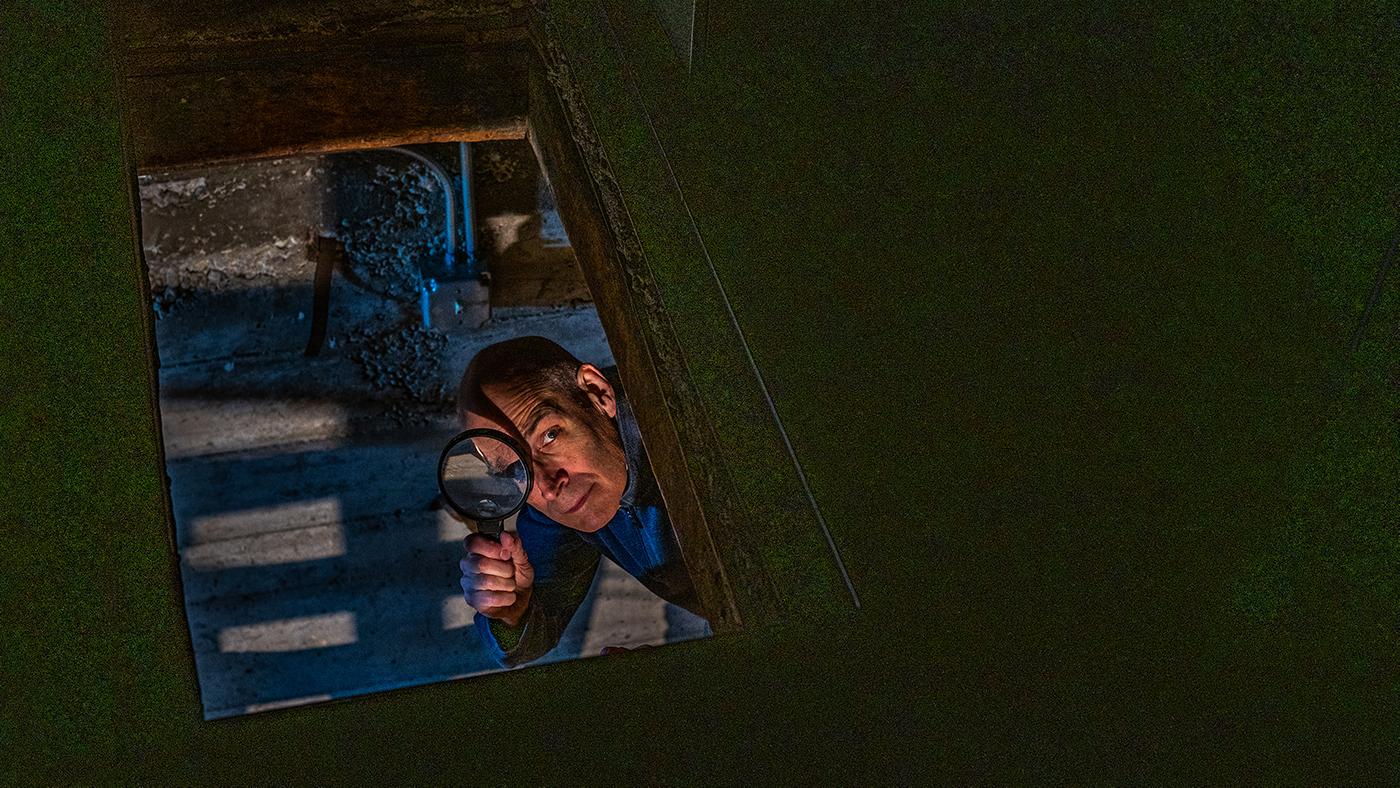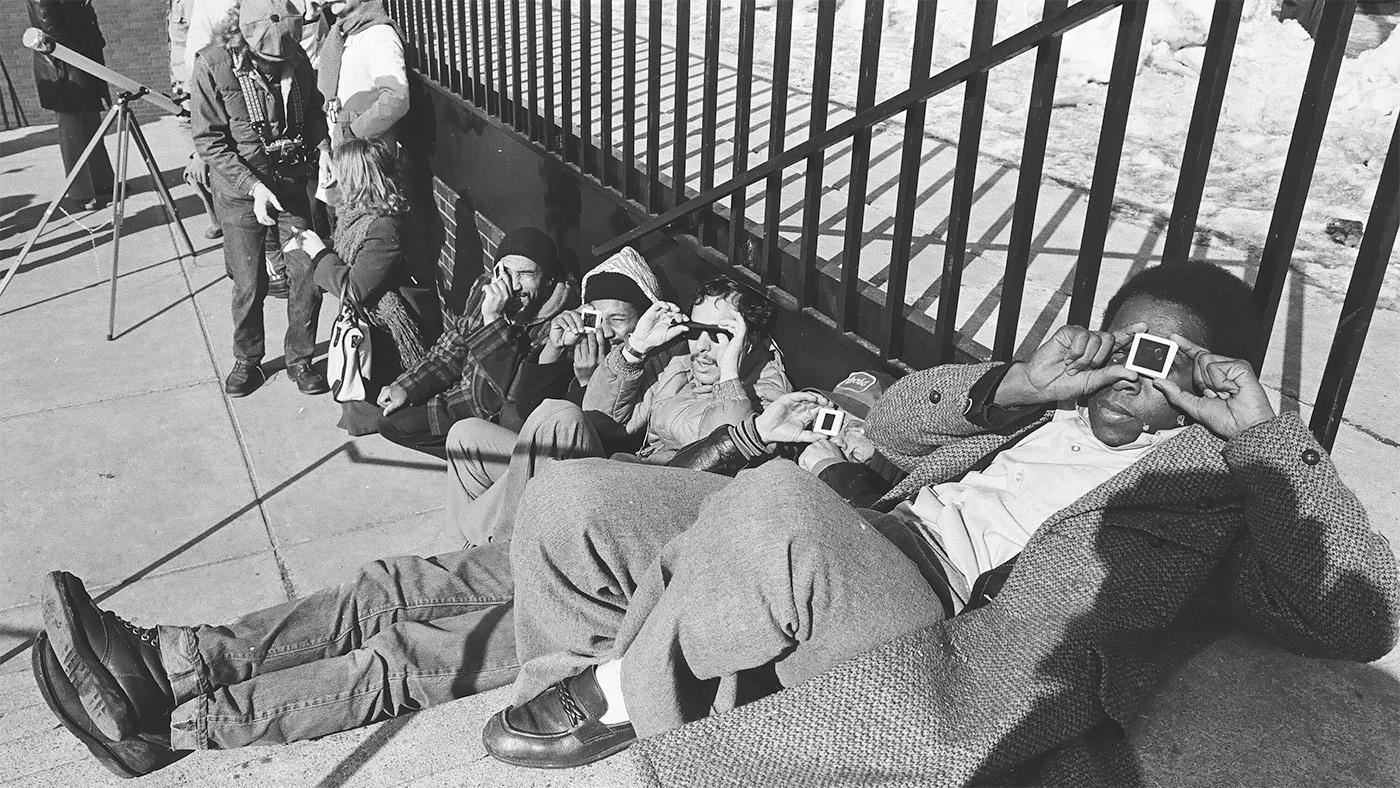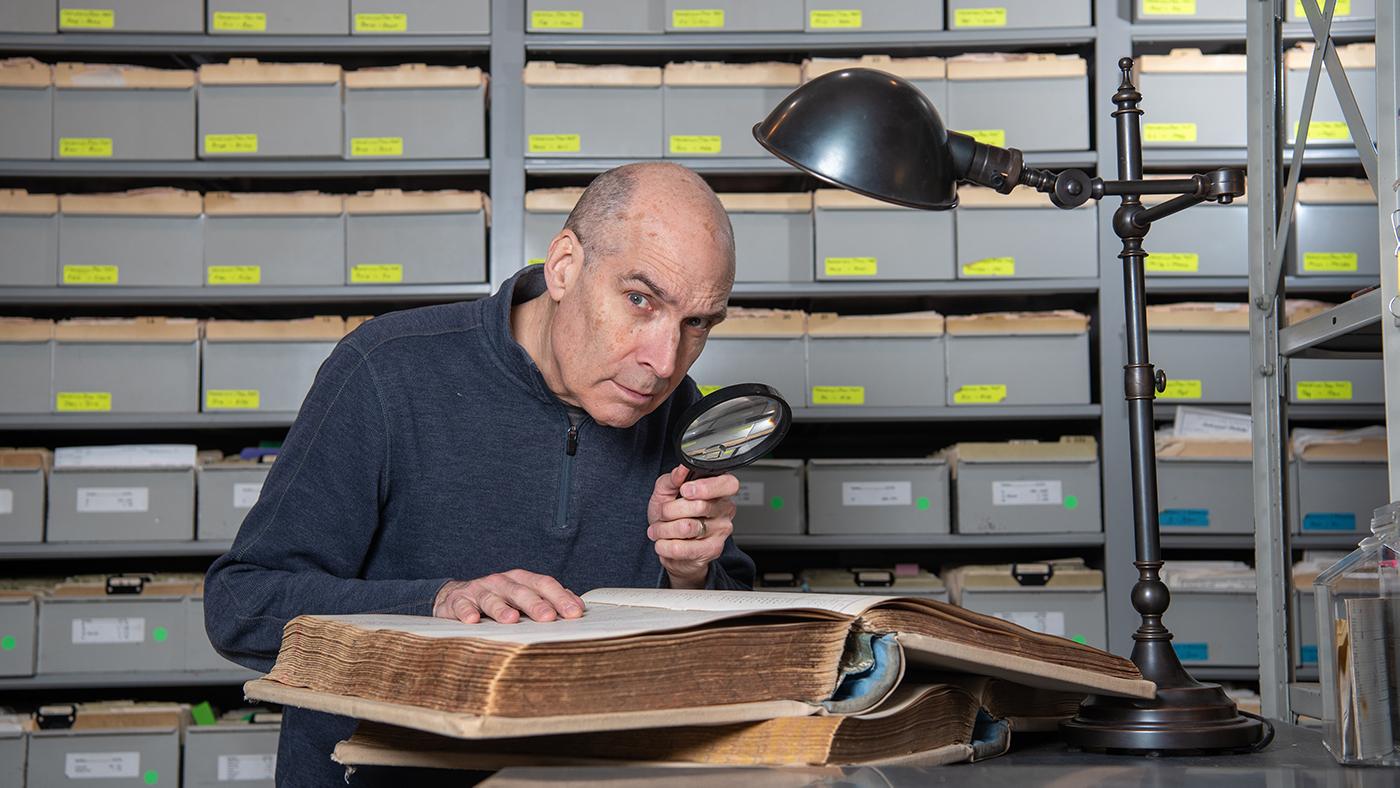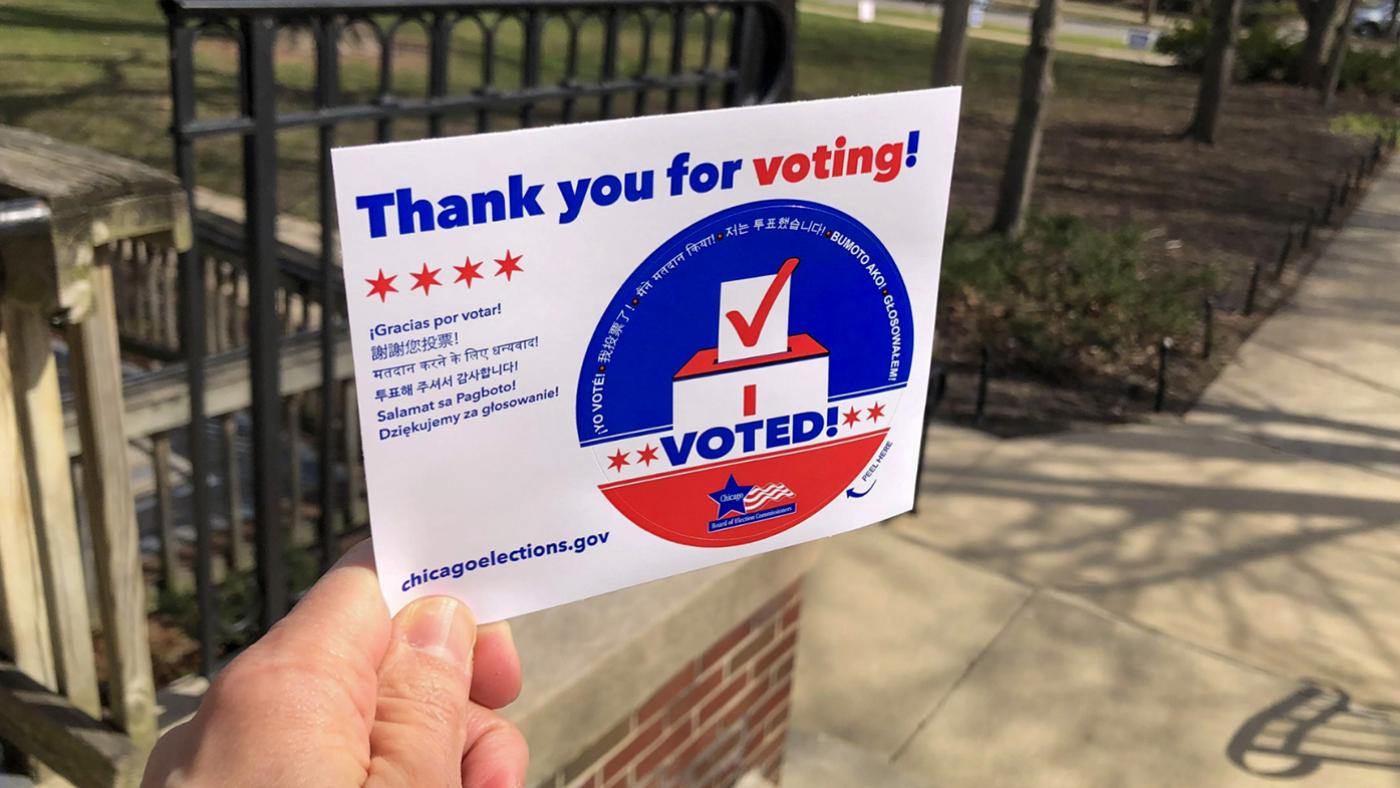Fly With Me: A Q&A with One of the First Black Flight Attendants for Delta Featured in a New Documentary
Meredith Francis
February 19, 2024
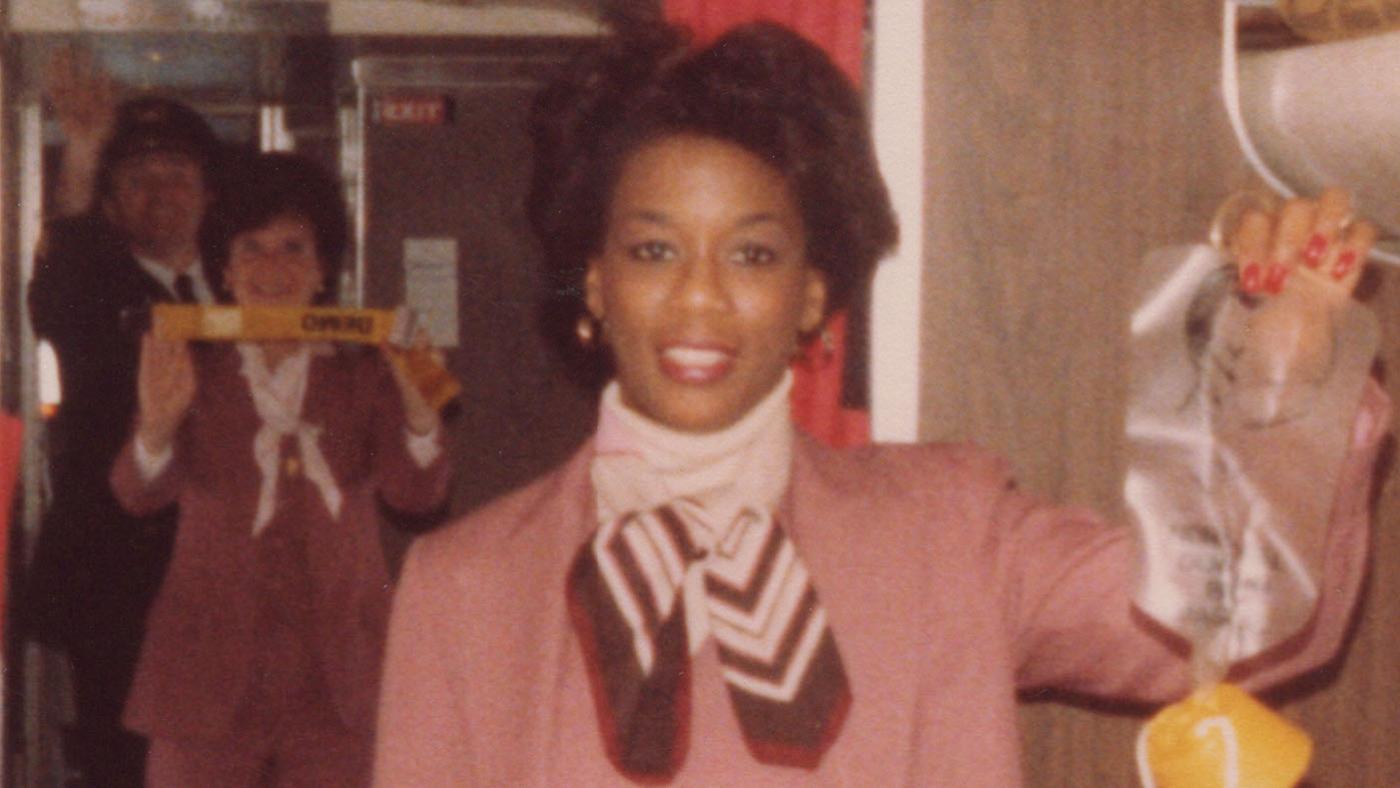
Fly With Me premieres on Tuesday, February 20 at 8:00 pm on WTTW.
They could be fired for being one pound over the weight requirement. A new American Experience documentary, Fly With Me, premiering February 20, tells the stories of the young women who became flight attendants who fought for workplace, gender, and racial equality at a time when women were not allowed to have their own credit cards. Still called “stewardesses” in the early days of commercial air travel and considered to be the ideal of glamor, they were subject to strict weight and appearance requirements. Stewardesses weren’t allowed to marry, and they were forced to retire once they reached age 32.
Casey Grant, who lives in Chicago and is featured in Fly With Me, was among the first Black flight attendants for Delta Airlines when she began her 35-year career there in 1971. Just over a decade prior, a woman named Patricia Banks Edmiston had filed a complaint against Capital Airlines for discriminatory hiring practices and won her case, and airlines finally began to hire Black job candidates. As Grant says in the documentary, the door “wasn’t kicked open; it was cracked,” as Black stewardesses still faced many challenges that their white counterparts did not. Grant, who has written books about African American pioneers in aviation, spoke to WTTW about what she described as “the good, the bad, and the ugly” parts about being a stewardess.
This interview has been edited and condensed for clarity.
Why did you want to become a stewardess, and what drew you to the profession?
My father was in the military, so that's where my travel started. He was in the Air Force. I started school in England, had lived in Tripoli and California, and we settled in Illinois. So travel was always in my soul and in my spirit. I wanted to travel, and the only way I could see to travel was to join the service. My girlfriend joined before I did, and she told me, “Don't do it! It's awful!” So I said, okay, we won't do the service to see the world. I worked at the University of Illinois, and my boss encouraged me to put in the application with Delta. I didn't think anything was going to happen, because at that point they weren't hiring any Black stewardesses.
In the documentary, you say, “You could crash a party and say you were a stewardess.” There was a level of glamor to being a stewardess in those days, but there was also a lot of pressure to maintain your appearance. What were some of those requirements?
I could not weigh more than 120 pounds. We had to wear girdles. We had to wear stockings. We had to wear gloves. We could not wear eyelashes or any of those types of things. Our hairstyles were all the same. Either your hair was pulled back, or it was cut in a bob.
I was a quarter of a pound over the day of my graduation [from training]. My supervisor forgot to weigh me. Had she weighed me, I would not have gotten the job. We all had to maintain a certain weight, and if you did not, you went on “weight check.” Weight check was when you were suspended until you brought your weight down, and then you were able to go back on payroll.
It affected us mentally and physically…If you went out and gained a pound or two, you knew that your job depended on that. You knew that one pound was going to keep you from being able to get a paycheck or to pay your bills. So it was a very stressful time for all of us. My personal things as I said [in the documentary], I took diet pills. I took diuretics. We went to the weight doctors where we were getting injections to lose weight. I passed out one time because I was so dehydrated. If you were on weight check, you would not even wear underwear – anything that you could not wear to be able to lighten your weight. You’d take your shoes off, you took everything off, and you just prayed that the scales were going to be friendly.
A lot of the documentary focuses on the wider cultural and political changes that impacted stewardesses, particularly around race and gender. There was about a decade between when Patricia Banks Edmiston filed a complaint against Capital Airlines for racist hiring practices and when you began at Delta in 1971. Did you know at the time how many of your fellow stewardesses were African American women?
I don't have an estimate, and that's exactly why I say, “I'm among the first.” Patricia Grace Murphy was the first Black woman hired at Delta Airlines. She was hired in 1966 … I say that I am among the first because there was a trickle. Affirmative action had stepped in, so therefore the airlines were pushed even more to hire African Americans in the stewardess capacity.
How did your experience as a stewardess differ from that of your white colleagues?
They were accepted. They were definitely typical of what America was used to – usually blonde, blue-eyed. It was mentioned by someone in an article at the time that hiring a Negro (as we were called back then) would weaken the integrity of the image of the stewardess. They wanted to maintain the pretty little blonde, not a beautiful Black woman or a woman of color. Sometimes the Black women that they hired in the very beginning were fair complected, so they could pass as anything other than a Negro.
Delta did not know a lot of the things that we went through. We stuck together and we handled different situations. And I also want to remind people, at this time, the whole world was in turmoil – affirmative action, the civil rights movement, Martin Luther King marching. Women were fighting for equal rights as a whole.
My personal experience was being in a hotel in the South, and Delta always would put us in a hotel, and we were always supposed to be close together for safety. When it came my turn to get the room – I was the most junior and the only Black woman, obviously – they told me they didn't have any more rooms in the hotel and that I had to go to the motel section, which was in the back, in the dark, and it was late at night. No one escorted me to the room. It was very, very frightening because they put me back there because I was Black. They didn't offer me a room in the main hotel because I was Black. And so that is a personal story that I write about how humiliating it was, how you had to keep your head up high and not allow them to know how degrading that situation was to me. The crewmembers, because they had all gone up to their room, didn't realize that I wasn’t even in the main hotel.
How did your experience change in 35 years in the industry?
Life changes. People had different attitudes. Delta started to hire military pilots. When the military pilots came in, the attitudes were different because at that point, although the military had its racial issues, they were exposed to diversity … So we moved forward. We became “flight attendants,” which involved hiring men.
What did you like about the job?
The beautiful part about it is seeing the world. The Delta flight attendants [I worked with] are still family. We all grew up together. A lot of issues in the world did not affect our relationship. But we were cute. We were young. We were seeing the world. We were experiencing all these fantastic adventures that the average person wasn't. And as I say [in the documentary], if they knew a stewardess was at a party, everyone flocked to see the stewardess, because we were the epitome of glamor, of beauty, of grace. We were on the same level with the models and the movie stars. And so it was a pleasure to have a stewardess in your presence or at an affair. In Vegas, if you said you were a stewardess, we got moved up to the front of the line for the show.
The good side was seeing the world, being educated, learning different cultures, experiencing different people. Life was just wonderful. You flew all over the world for free. You could have dinner in Paris. The next week, you could be in Greece. You got to see the world and you got paid for it from the moment that you signed in to the moment you got off work. That was the part that was determination – that I was not going to allow anybody to take this opportunity away from me.

